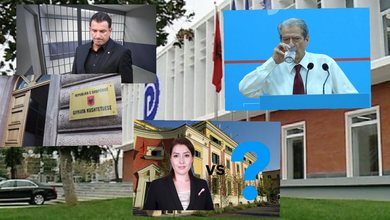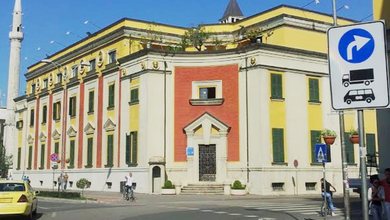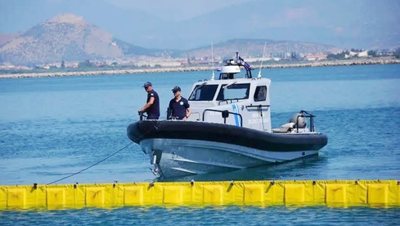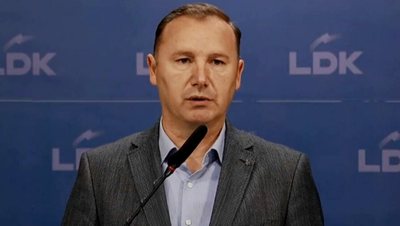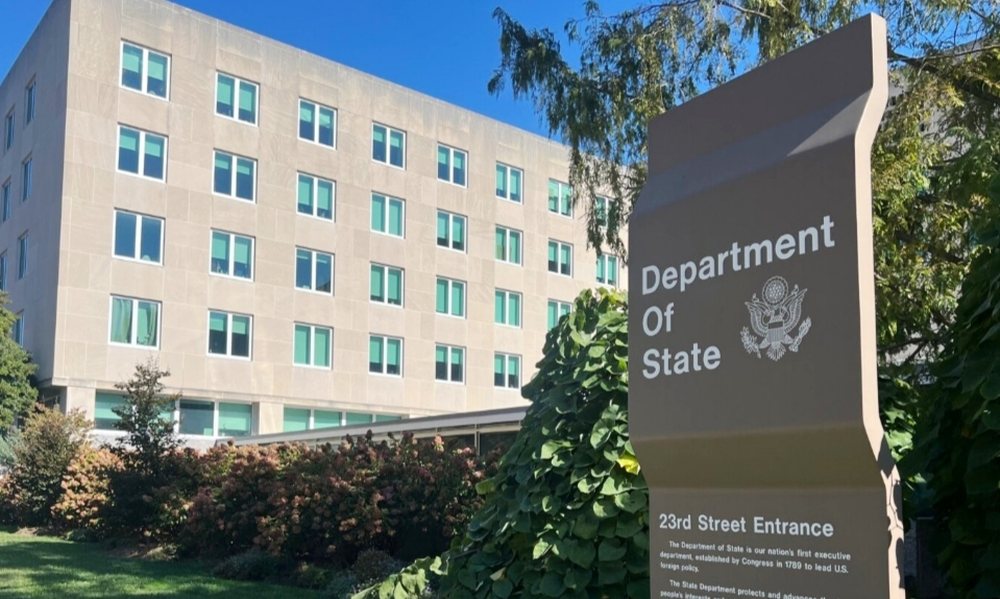
The US Department of State's report on the business climate in Albania for 2025 was recently published.
In the report, Albania is described as a country with several problems in the areas of investment and the rule of law, which affect the overall business climate.
The document states that the main challenges that harm the business environment include widespread corruption, a weak judicial system, a lack of transparency in public procurement, as well as the large presence of the informal economy and money laundering, especially with sources from drug trafficking.
The report highlights that the informal economy has significantly distorted competition in the market. Furthermore, businesses report illegal interference, blackmail and pressure from public administration actors, the media and organized criminal groups.
Flaws in governance and deep-seated problems in the justice system
DASH highlights ongoing corruption in the state procurement process, where contracts are often awarded through dubious and closed procedures. Despite the government's efforts to promote transparency in tenders – through the "Open Procurement" platform and the digitalization of services – the report notes that the reality on the ground remains problematic.
Public-private partnership (PPP) contracts are cited as another source of concern, as, according to the report, they are often drafted without in-depth analysis and with a lack of professional expertise. This has limited the participation of foreign investors and created a ground for favoritism.
The issue of ownership and justice remains a major obstacle
According to the report, property rights continue to be a sensitive issue. Foreigners and locals face great difficulties in obtaining clear property titles. There have been reports of abuses of the judicial system, with individuals manipulating documentation to illegally acquire property. Overlapping property titles are widespread, and compensation for property confiscated during communism remains slow and inefficient.
Systemic corruption
Albania has undertaken far-reaching reforms to combat corruption at the highest levels, including constitutional amendments and the establishment of specialized institutions such as SPAK and the National Bureau of Investigation (BKH). However, the implementation of the justice reform has created serious gaps due to the removal of corrupt judges and prosecutors, slowing down judicial processes, especially in the courts of appeal.
Despite the progress made – such as the improvement in Transparency International’s Corruption Perceptions Index (from 37 to 42 points) – foreign investors remain skeptical about the business climate in Albania. They point out that the lack of legal stability, frequent changes in fiscal policies and the risk of arbitrariness by the authorities remain major obstacles.
American investments: modest growth, but with numerous obstacles
US direct investment in Albania reached $382 million at the end of 2024, an increase compared to 2023. However, the report notes that this level is still modest and represents a small portion of foreign capital in the country, due to the uncertain investment climate.
American businesses operating in Albania often choose to include international arbitration clauses in contracts to avoid resolving disputes through the local justice system, which they consider slow, ineffective, and politically influenced.
Despite limited progress in digitalizing services and fighting low-level corruption, Albania remains a challenging environment for international investors.



